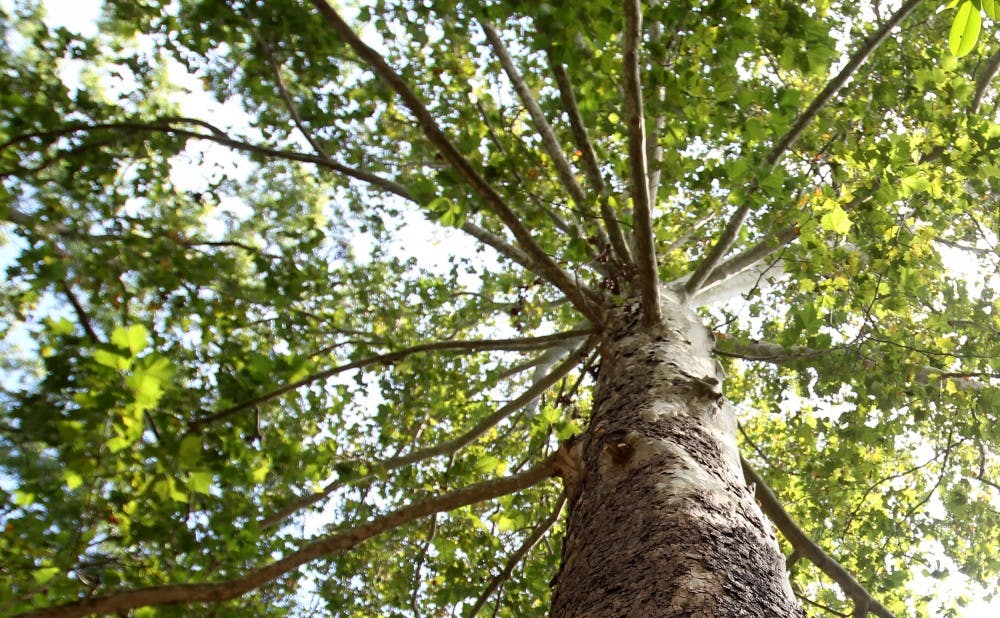A recent study from the Nicholas School of the Environment found that forests in the eastern United States are exhibiting faster turnover in response to rising global temperatures.
The study was published earlier this month in the journal Global Change Biology. It is one of the first studies to demonstrate that forest turnover is currently more prevalent than northward migration of trees. The findings are in contrast to the prevailing prediction by environmental scientists that climate change would lead to migration through seed dispersal.
Christopher Woodall, a co-author of the study and research forester for the Forest Inventory & Analysis Unit of the United States Department of Agriculture, said these findings have significant implications for biodiverse forest success as a whole.
“[The findings] suggest that if climate changes rapidly then forests may not simply move with climate,” Woodall said. “If the rate of climate change exceeds the ability of tree populations to shift, that may suggest less forests with less tree species diversity.”
Kai Zhu, lead author of the study and doctoral student in the Nicholas School graduating in 2016, noted that the study was conducted in response to findings from 2012. The findings of this previous study showed that tree species in the eastern U.S. were not migrating in response to global warming.
“Inspired by that paper, we began to look more in detail at the data, and again we found not much evidence of large-scale migration,” Zhu said. “Instead, we found many species show evidence of more rapid turnover in warmer and wetter climates.”
The observed acceleration of turnover in plant species is a product of faster growth due to increased rainfall, which in turn leads to increased competition between individual plants, Zhu added.
James Clark, H.L. Blomquist Professor of Biology and co-author of the study, noted that plant species are not necessarily responding to climate change, but rather that rising temperatures affect the growth cycles of species.
“We found that there is not yet evidence that trees are tracking climate change, but an overall tendency to show that climate accelerates dynamics—increased growth, increased mortality, increased recruitment,” Clark said.
Woodall said that cooperation between governmental and academic entities will be important for preventing further forest degradation.
“Beyond the results of this one study, the coordinated research between Duke and the U.S. Forest Service has resulted in important forest resource monitoring techniques that will be of critical importance if climate change accelerates,” Woodall said.
While this study focused on the eastern part of the country, the phenomenon of shortened plant life cycles is not exclusive to this area. Other studies have found a similar pattern in plant species around the world, Zhu noted.
The findings have important implications for future research on the effects of climate change on forest conservation.
“The study used an extensive data set and a large geographic area, which makes the results very convincing,” said Danielle Way, adjunct assistant professor of environmental sciences and policy. “Understanding what limits seedlings from establishing in areas north of their current range is therefore an important question if we hope to allow our forests to adapt to a changing climate.”
Get The Chronicle straight to your inbox
Signup for our weekly newsletter. Cancel at any time.

